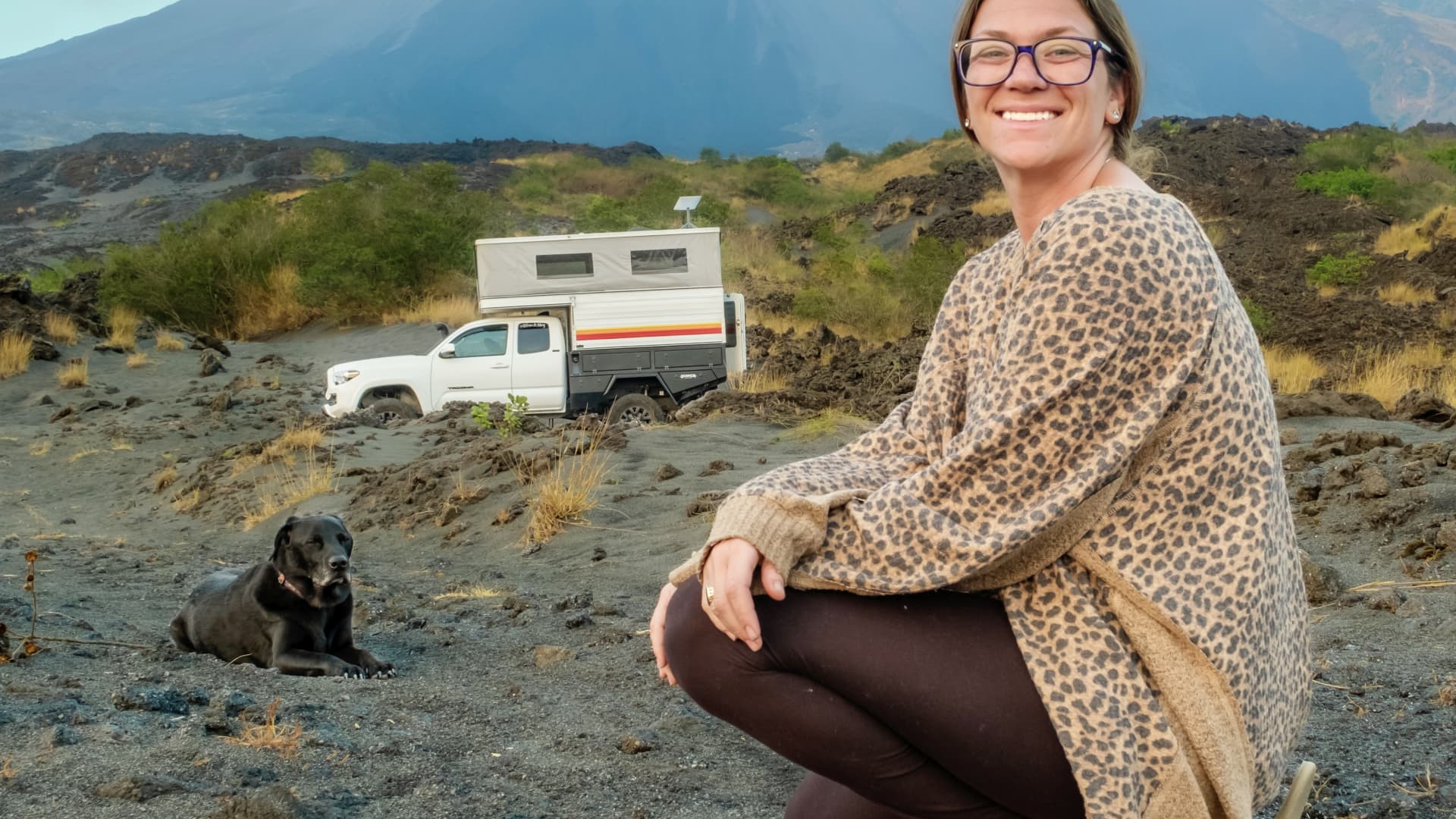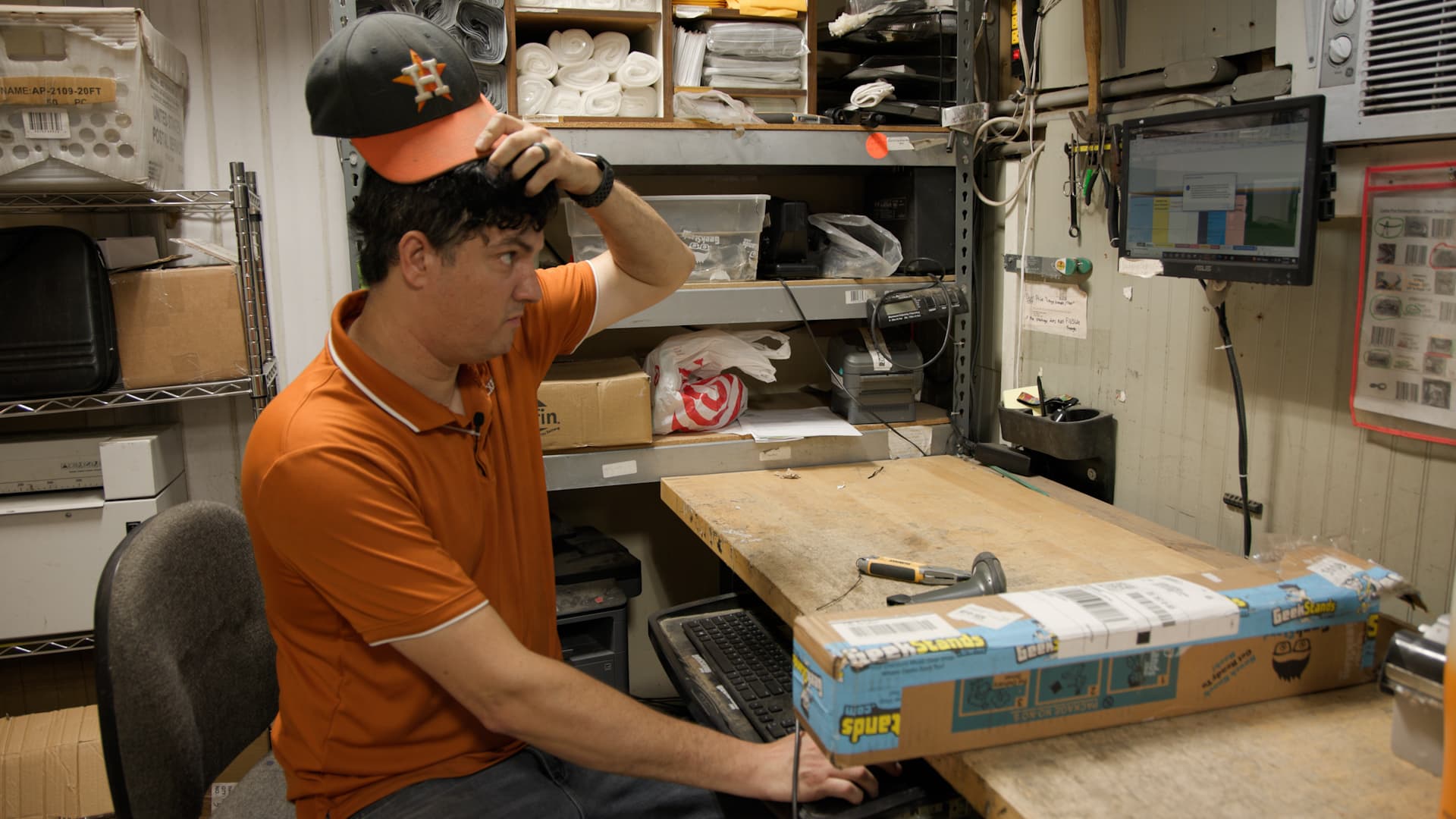Despite having chemistry, we started with the hypothesis that we weren’t a good match. We would discover a deal-breaker down the road — something big like how much money we wanted to give our aging parents or something small like what temperature room we like to sleep in — that would lead to our demise.
At the time, we were both tenured professors in the same academic department at the same university. If things went bust, it would be very uncomfortable to go to work each day. Academic jobs are hard to come by, which meant we might be stuck in that awkward situation for life.
So we created a list of questions, guided by basic principles of relationship science, that are critical for couples to openly communicate about if they want to know whether they’re really compatible. Unlike the questions you find on dating apps, they don’t apply to everyone. We tailored our list to us. If you’re making a list with your current or prospective partner, I’d suggest you do the same.
But to help you build your questionnaire, here are the main themes you should focus on, with a few examples to get you started:
1. Money
Ask questions like:
- Do you like to spend money as you make it, or squirrel it away for later?
- How much should we each pay for stuff? Split dinners? Share costs of vacations?
2. Career
The stress we feel at work has an outsized effect on our interpersonal relationships, even influencing sexual function, like the ability to reach orgasm.
Ask questions like:
- How do you manage workplace stress?
- How important is your job to your identity?
- How do you feel about making sacrifices for my career?
3. Family and religion
Money and career are must-discuss topics, and, depending on your circumstances, so are other big categories like kids, parents, and religion.
Ask questions like:
- Do you want any kids (or any more kids)?
- What are your thoughts about co-sleeping with kids?
- How often do you want to visit your parents?
- How important is it to you that they like me? What if they don’t?
- If I’m religious (or anti-religious), would that bug you?
4. Daily habits
When we have chemistry with someone and feel aligned with them on big things like values and goals, we assume the daily things will fall into place. But they can be real relationship deal-breakers.
Sleep is a must on this list; it’s one the strongest predictors of health outcomes and relationship satisfaction. But I also suggest touching on food, pets, humor, and time alone.
Ask questions like:
- What’s your ideal bedtime?
- Do you have sleep apnea? Do you see a CPAP machine (a breathing machine used to treat sleep apnea) in your future?
- Do you like to cook, eat take out, or both?
- Do you like pets? Cats and dogs, or fish and lizards?
- Are you allergic to pets?
- Can we poke fun of each other or does that bug you?
5. Physical intimacy
When I think about the importance of physical intimacy, I’m reminded of a scene from “Annie Hall.” Annie and her partner Alvy are both in therapy, shown on a split screen. Their respective therapists ask them, “Do you have sex often?” Alvy laments, “Hardly ever, maybe three times a week,” whereas Annie responds in an exasperated, annoyed tone, “Constantly, I’d say three times a week.”
Despite its outsized effect on relationship longevity and physical health, we don’t have good social scripts for talking about sex.
Ask questions like:
- How much sex do you like?
- How open are you about your preferences?
- What are you into? What are you not into?
6. Taboo topics
What we’re “allowed” to talk about in relationships is based on norms, and when it comes to relationships, these norms are often morally tinged. There’s a category of taboo questions where even thinking them — let alone asking them out loud — violates social norms.
In some cases, you’re too embarrassed to ask the question. In others, you worry that caring about the answer will reflect poorly on your character. Ours included questions about family history of mental health problems.
Here are some others I’ve encountered in my work:
- Have you ever struggled with a weight problem?
- How do you feel about consensual non-monogamy?
- Have you ever hit a partner?
- When you die, are you giving everything to your kids? Or is your will negotiable and could include me?
- Among widows and widowers: Do you want to be buried next to your (dead) spouse?
It will be uncomfortable
We often slide into relationships, rather than making thoughtful, deliberate decisions. Going through this exercise won’t make you feel comfortable, but that’s not the goal.
What good will avoiding that temporary discomfort do when you find yourself lying awake next to the love of your life, his cat that you’re allergic to at the foot of the bed, feeling all hot and sweaty because he likes it balmy at night and you love the air conditioner?
Tessa West is a social psychologist and professor at New York University. She has spent years leveraging science to help people solve interpersonal conflicts in the workplace. She’s the author of “Jerks at Work: Toxic Coworkers and What to Do About Them″ and “Job Therapy: Finding Work That Works for You.” She is an instructor in CNBC’s online course How to Change Careers and Be Happier at Work.
Are you ready to buy a house? Take Smarter by CNBC Make It’s new online course How to Buy Your First Home. Expert instructors will help you weigh the cost of renting vs. buying, financially prepare, and confidently navigate every step of the process—from mortgage basics to closing the deal. Sign up today and use coupon code EARLYBIRD for an introductory discount of 30% off $97 (+taxes and fees) through July 15, 2025.
















Leave a Reply